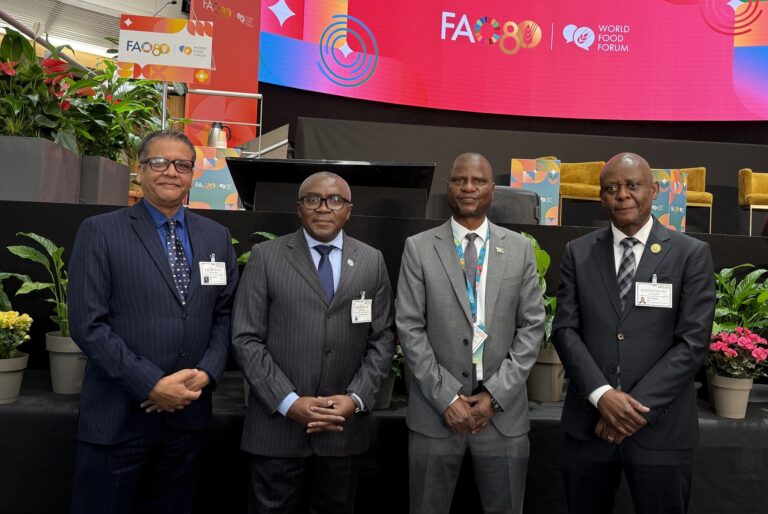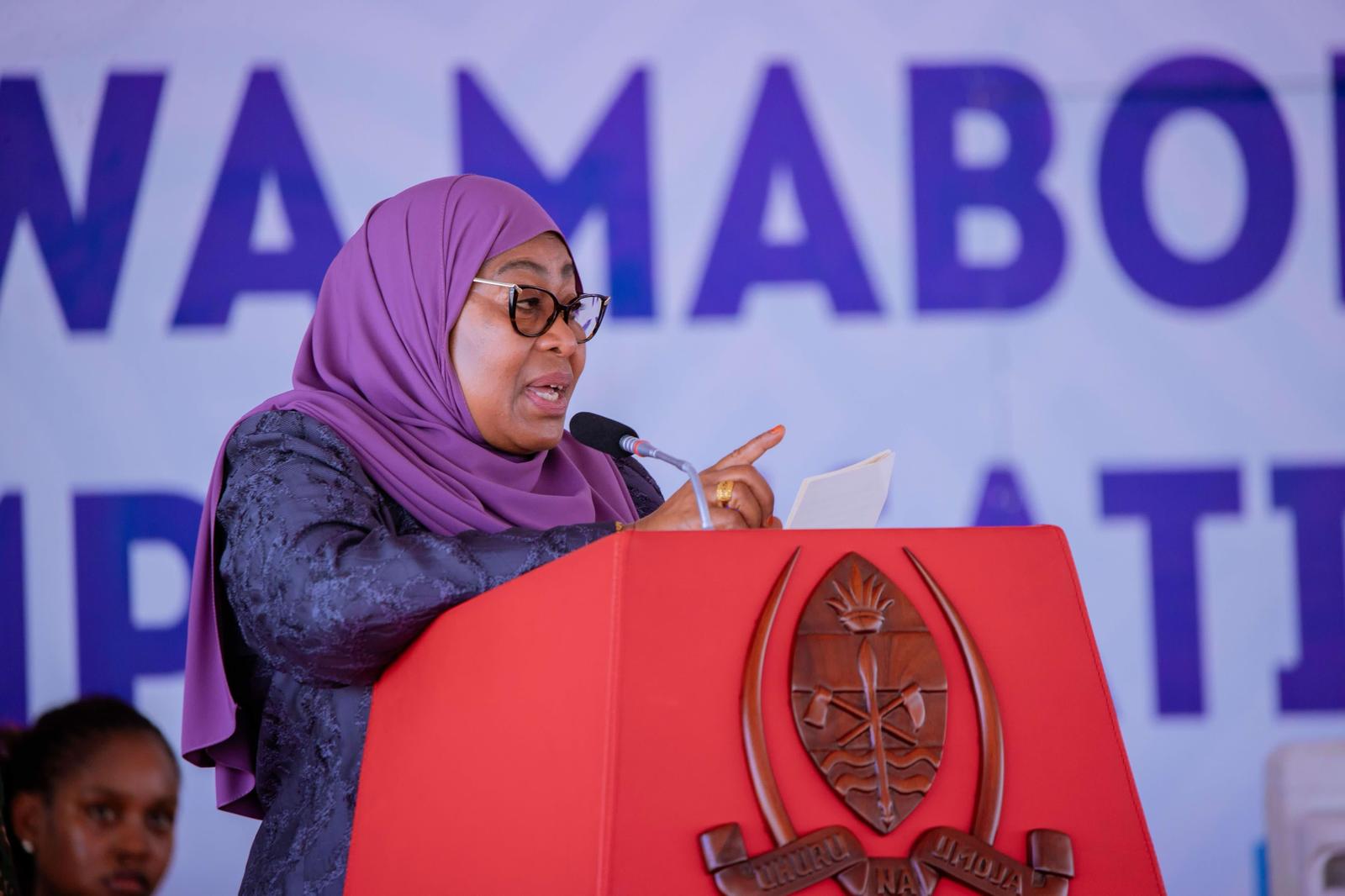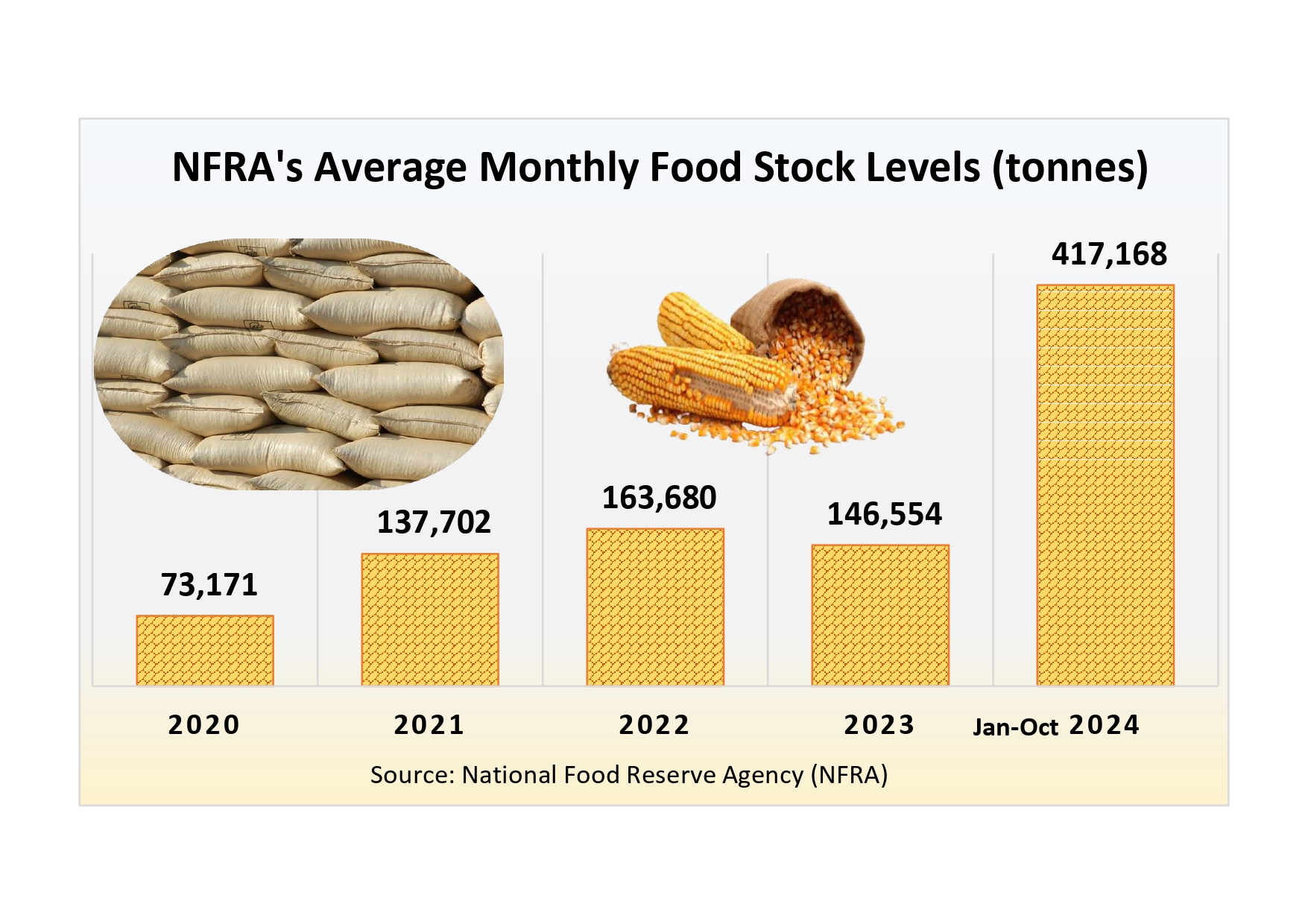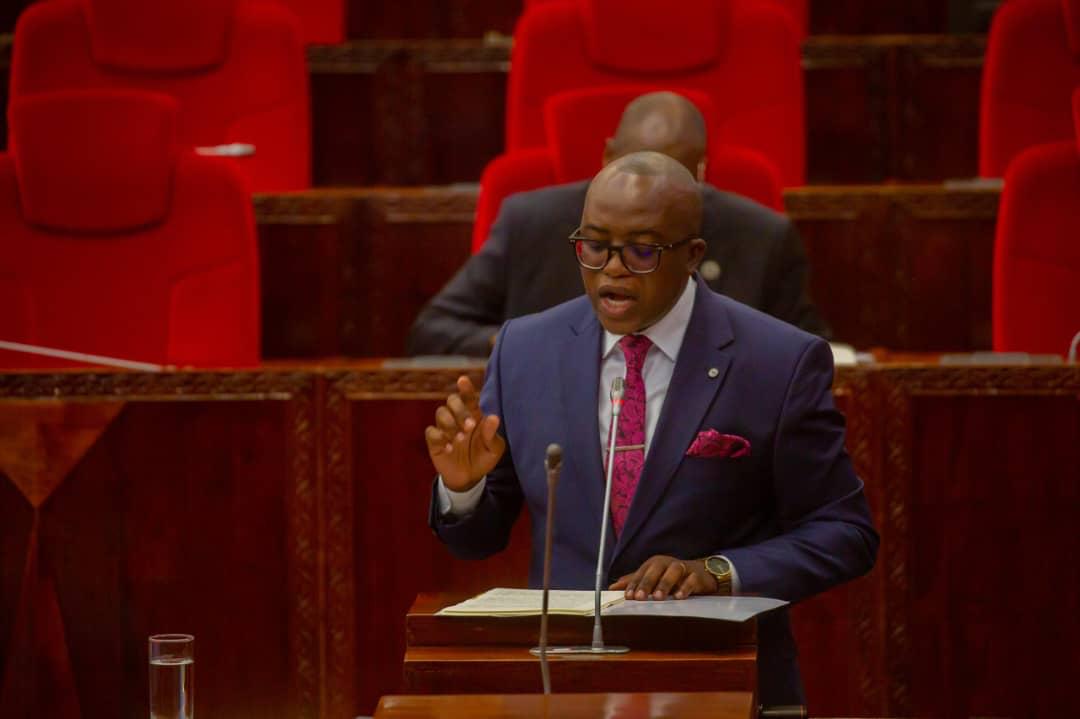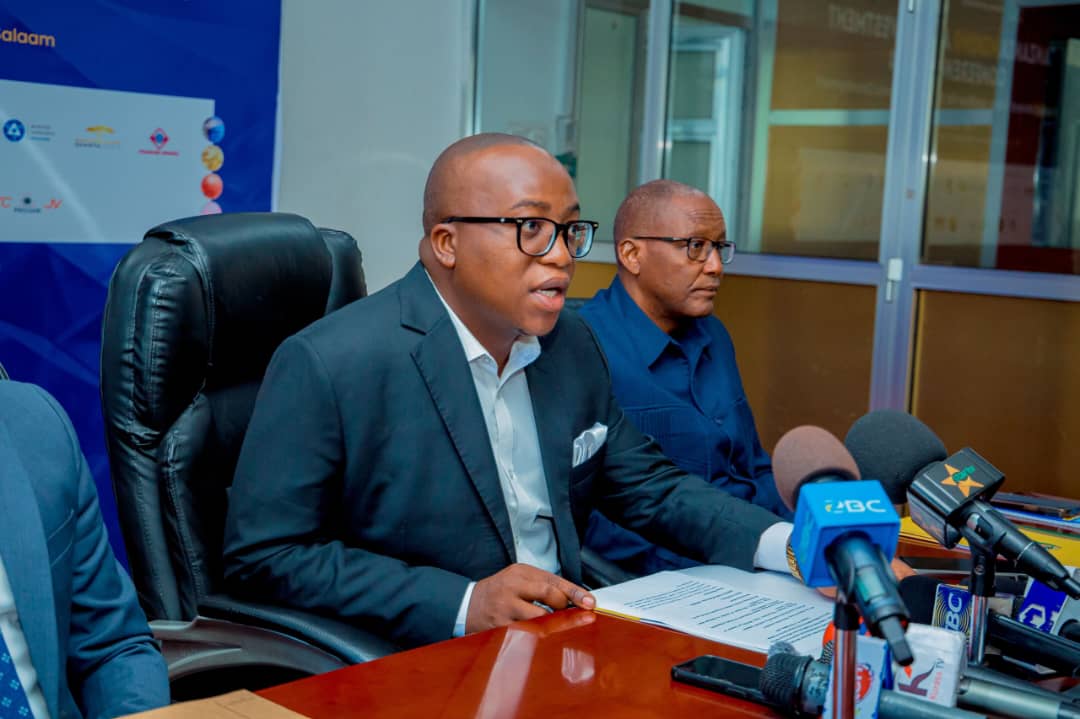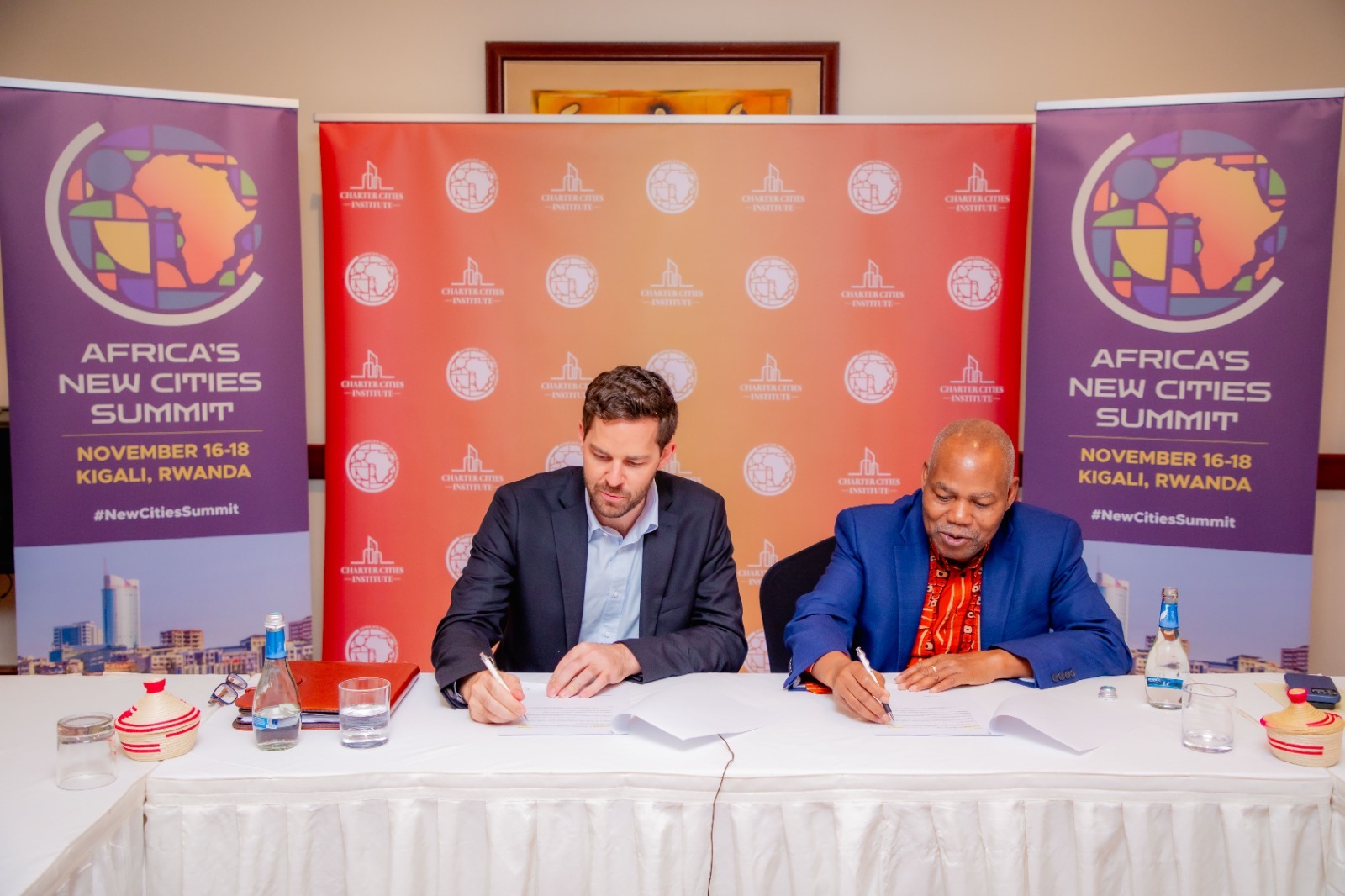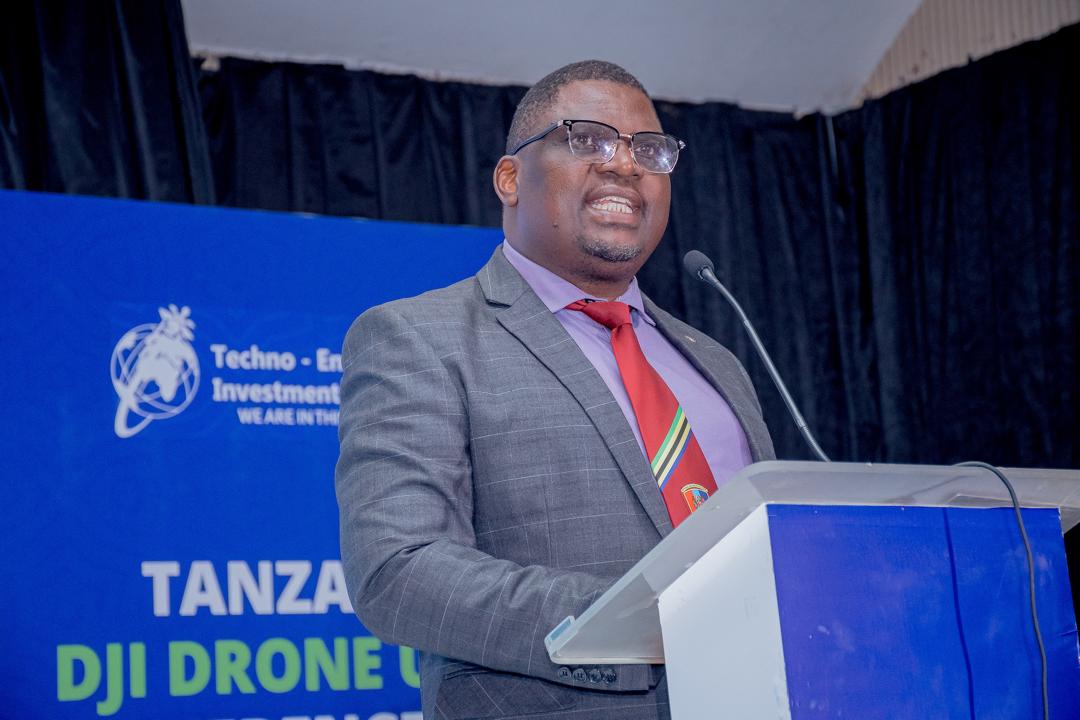Rome. Southern Africa has put forward a compelling case for over $2.07 billion in investment to transform its agri-food systems, focusing on climate-smart initiatives, value addition, and regional trade integration.
The proposals were presented at the Food and Agriculture Organization (FAO) Hand-in-Hand (HiH) Investment Forum for Southern Africa, held in Rome on 15 October 2025.
The Forum, a key part of the World Food Forum/FAO events last week, operated under the theme Accelerating Climate-Smart Investments and Trade Integration in Southern Africa’s Agri-food Systems. Hand-in-Hand Initiative: Mobilising Bankable Projects
The HiH Initiative is an evidence-driven platform established by FAO and partners, including the Southern African Development Community (SADC), designed to convert national and regional agri-food plans into bankable investment cases and match them with investors and development partners.
The Rome Forum serves as the annual global stage for these presentations.
FAO and the SADC Secretariat collaborated on a comprehensive regional investment proposal aimed at aligning national plans with SADC’s regional priorities.
This portfolio comprises four critical, validated investment areas: irrigation, mechanisation, agro-processing, and trade integration.
These sectors were identified for their high potential to boost resilience, increase value addition, and expand intra-regional trade.
The thematic cases were validated by SADC Member States at a regional HiH workshop in Harare in September 2025.
Significant investment targets and returns
Southern Africa’s investment pitches are seeking a total of $2.07 billion, with $0.6 billion earmarked for irrigation, $0.3 billion for mechanisation, $0.4 billion for agro-processing, and $0.8 billion for trade facilitation and integration.
Financial projections are highly encouraging, indicating an average Internal Rate of Return (IRR) of 20 percent.
The investments are expected to result in an income increase per capita of $223, potentially benefiting 7.8 million people directly and 42.4 million indirectly.
The presentations emphasised the opportunity to transform agri-food systems through targeted investment, focusing on resilient, climate-smart irrigation and mechanisation, scaling up agro-processing to capture more local value, and strengthening trade corridors to expand markets under SADC integration.
High-level regional participation
The Forum saw strong engagement from the Southern African region. The SADC Secretariat delegation was led by Mr Domingos Gove, Director of Food, Agriculture and Natural Resources, and Mr Dhunraj Kassee, Director of Industrial Development. FAO was represented by Mr Patrice Talla, Head of the Sub-regional Office for Southern Africa.
Delegations from seven SADC Member States, Angola, Eswatini, Lesotho, Madagascar, South Africa, Zambia, and Zimbabwe, attended, along with SADC Embassies in Rome.
All delegations, except Madagascar, were led by their respective Ministers of Agriculture.
Both Angola and Zambia presented specific national or regional investment plans and held discussions with potential investors and development banks.
The audience also included representatives from the private sector, Development Finance Institutions (DFIs), and NGOs.
Next steps for partnership and due diligence
Following the Forum’s conclusion, immediate next steps involve commitment follow-up dialogues between the countries or regions and interested investors or DFIs, the formation of technical working groups to finalise project documentation and due diligence, and the scheduling of regional follow-up meetings to maintain momentum on these crucial investment partnerships.

